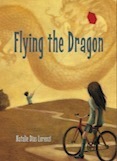by Yoo Kyung Sung, University of New Mexico, Albuquerque, NM
“Russian children’s literature and culture are obscure subjects in the West. When they come up in a conversation, even the most Russia-savvy students shrug their shoulders and produce a genuinely puzzled look on their faces “ (Balina & Rudova, 2008, p.xv,)
Earlier I looked at two books, Breaking Stalin’s Nose and Arcady’s Goal, set in repressive Stalinist Russia. I then introduced The Family Romanov: Murder, Rebellion & the Fall of Imperial Russia, an informational text describing the establishment of the Soviet Union. In doing so I developed a real curiosity about the development of children’s literature written in Russia. Continue reading


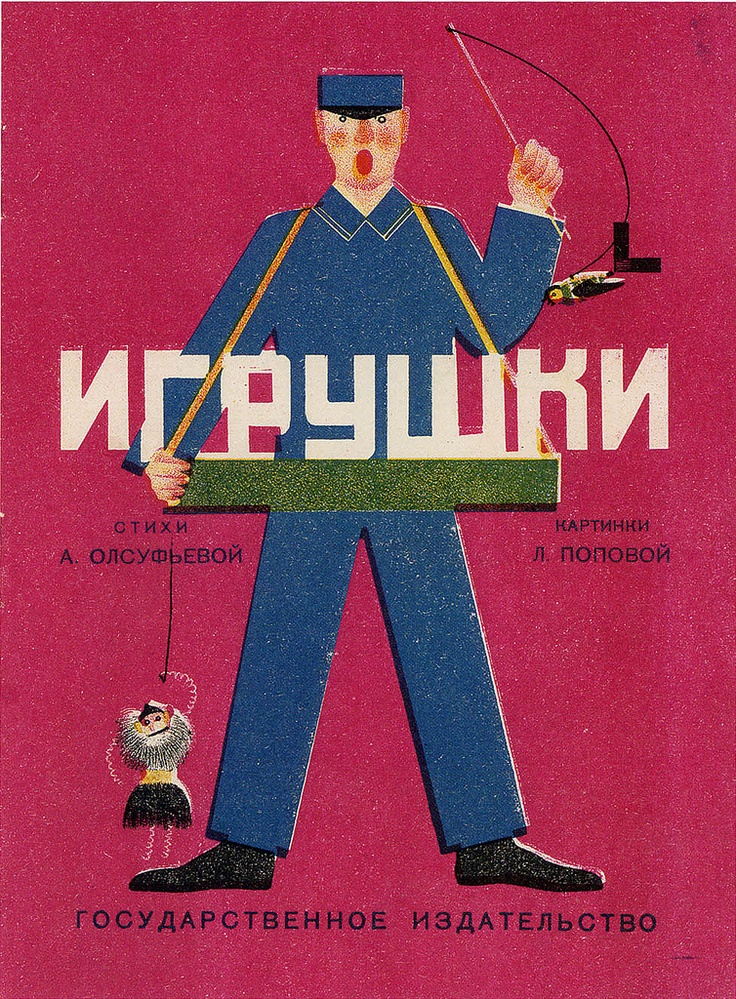
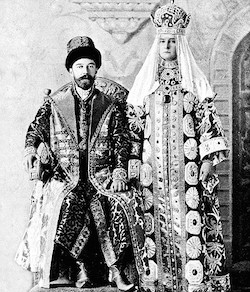


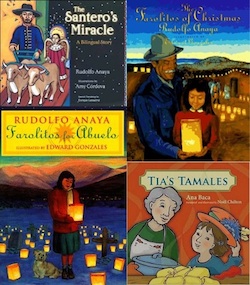

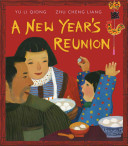 Often I think my English accent is like a cultural microchip that contains my cultural and linguistic DNA. That microchip reflects the local and global contexts from several different U. S. and international environments in which I have lived. My personal aesthetic responses in my literature reviews reflect the salient insights of both my views of diversity and of contemporary global connections as they relate to multiculturalism in the U. S.
Often I think my English accent is like a cultural microchip that contains my cultural and linguistic DNA. That microchip reflects the local and global contexts from several different U. S. and international environments in which I have lived. My personal aesthetic responses in my literature reviews reflect the salient insights of both my views of diversity and of contemporary global connections as they relate to multiculturalism in the U. S. 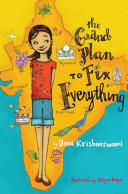 Korea’s traditional beauty is mirrored in its architectures, symbols, pottery, and ancient palaces and make up most of the common “Korean” postcard faces I encountered when I visited one of the most popular and largest bookstores in Seoul, Kyobo books. I mumbled, “interesting,” and felt and tasted a kind of betrayal. I felt I have fought consistently for a postcolonial non-Eurocentric portrayal of Asian and Korean cultures in my children’s literature studies, yet such traditional subjectivity is produced and consumed internally in Korea as a mark of Koreanness. Tradition is like a double edged sword providing rich cultural facets and, concurrently, glaringly flawed over-representations of a culture, producing a “tunnel vision” (Scott,1998, p.47) of narrow understanding of that culture.
Korea’s traditional beauty is mirrored in its architectures, symbols, pottery, and ancient palaces and make up most of the common “Korean” postcard faces I encountered when I visited one of the most popular and largest bookstores in Seoul, Kyobo books. I mumbled, “interesting,” and felt and tasted a kind of betrayal. I felt I have fought consistently for a postcolonial non-Eurocentric portrayal of Asian and Korean cultures in my children’s literature studies, yet such traditional subjectivity is produced and consumed internally in Korea as a mark of Koreanness. Tradition is like a double edged sword providing rich cultural facets and, concurrently, glaringly flawed over-representations of a culture, producing a “tunnel vision” (Scott,1998, p.47) of narrow understanding of that culture.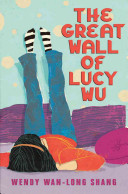 Following last week’s blog, I reread my WOW Book Reviews, all of which illustrated conflicts with young protagonists and their cultural affiliations. Each protagonist struggled with their cultural identity, though in different ways. Eleven year-old Lucy, a Chinese-American in
Following last week’s blog, I reread my WOW Book Reviews, all of which illustrated conflicts with young protagonists and their cultural affiliations. Each protagonist struggled with their cultural identity, though in different ways. Eleven year-old Lucy, a Chinese-American in 